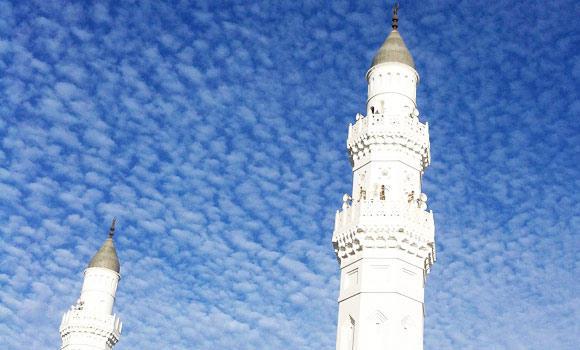
Jeddah, Jan 3: Imams who politicize Friday sermons at mosques will not be allowed to continue in their positions, Islamic Affairs Minister Saleh Al-Asheikh said in comments published on Thursday.
“We have set up a legal panel to advise such imams. If they respond positively and follow the guidelines they will be allowed to continue. If not, then we’ll tell them they are not fit for the pulpit,” the minister said.
He said the ministry would continue monitoring all mosques and imams to make sure nobody violates the regulations. “The use of politics in sermons will divide the community and create hatred among people. Preachers should spread the word of Allah and the message of His Prophet (peace be upon him), and encourage people to worship.”
He rejected claims that many preachers are not qualified to hold their positions.
However, Al-Asheikh pointed out that it was difficult to find qualified imams for the 80,000 mosques across the Kingdom. “We launched a program 10 years ago to take care of mosques. It includes various maintenance and renovation work.”
Many Saudis supported the minister’s statement while some others objected, saying it was not the right approach. “The mosque and other platforms should be used for the benefit of people. Following moderation is the best way. Efforts must be made to correct the wrong impressions created by extremists,” said a Saudi teacher.
Fuad Kawther, a Saudi engaged in the propagation of Islam, said the move contradicts the example set by the Prophet (peace be upon him), adding the Madinah Mosque was the center of the Islamic state.
“Isolating Islam from different aspects of life will lead to secularization,” he told Arab News. Imams should be trained to deliver meaningful sermons, he added.





Comments
Add new comment